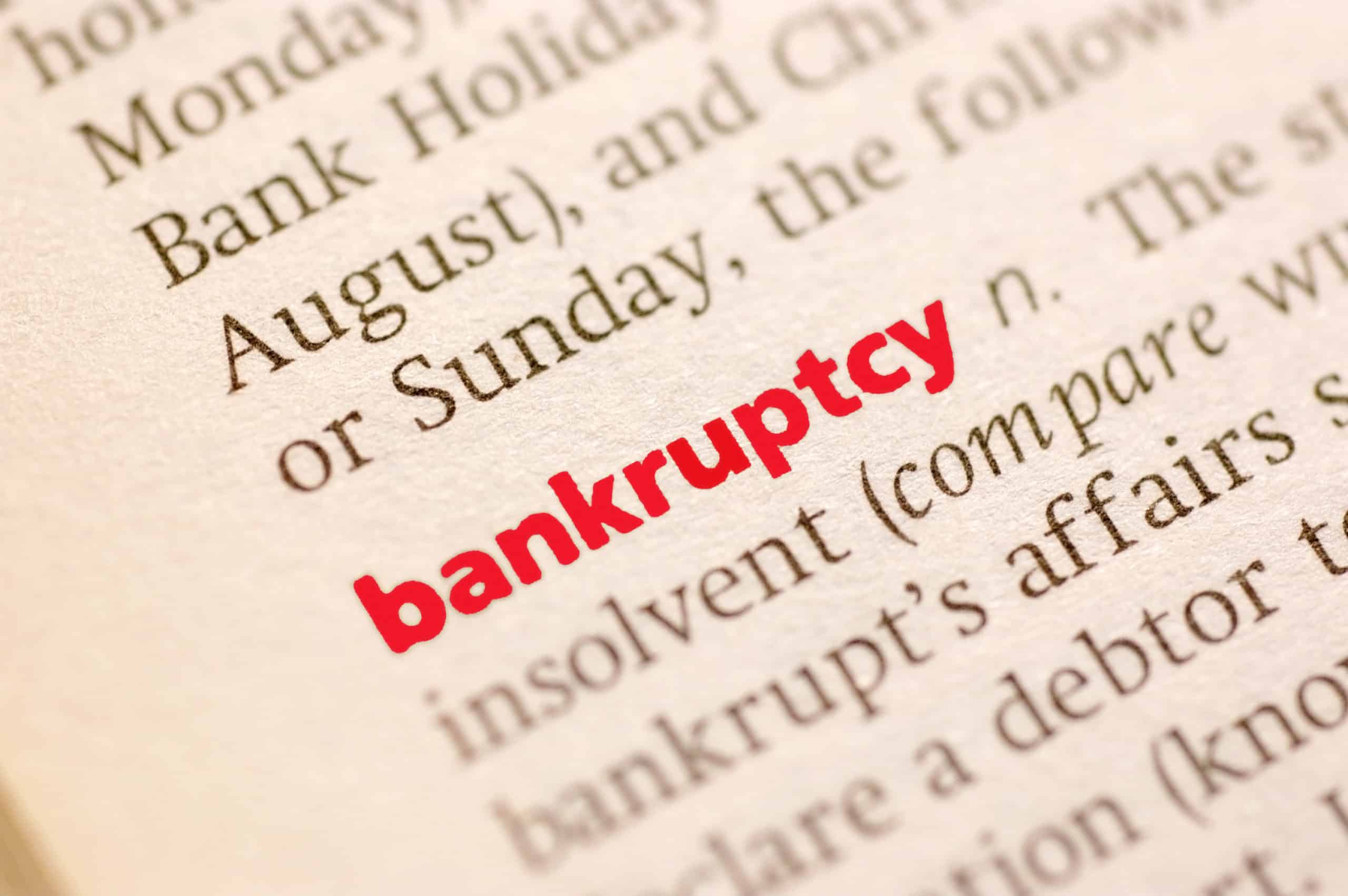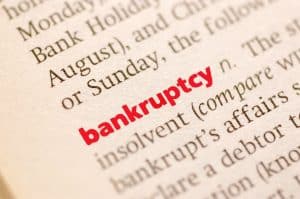Join Our Telegram channel to stay up to date on breaking news coverage
As it is with the traditional financial space, cryptocurrency companies have also proven not to be immune to insolvency. Be it an exchange folding up due to a hack or some other cause, there have been significant conditions that caused crypto firms to go bankrupt. This has brought the question of crypto firms’ bankruptcy proceedings and the right ways to handle such occurrences. Weighing in on the topic, Law Faculty of the University of Oxford published a paper that explained the possible risks of bankruptcy proceedings for crypto firms.
The Crypto Space Isn’t Immune to Going Out of Business
The paper, which the faculty published earlier today, focuses primarily on the legal risks of depositing your money with a crypto firm and what could happen if it goes bankrupt. In it, the authors explained that while digital assets promised to provide investors with uninterrupted access to their money, a lot of the cryptocurrencies on asset custodians are still in the hands of the companies themselves.
The faculty additionally pointed out that this could present a risk of investors being left stranded in the case of insolvency. Many of the exchanges that eventually go bankrupt tend to take years before paying investors their money back.
The crypto space already has its fair share of bankruptcy issues. Mt. Gox, one of the top crypto exchanges at a time, suffered a damaging hack in 2014 that saw it lose over $530 million in digital assets at the time. Until now, investors have had to sue the former chief executive, Mark Karpeles, to get their money back. Even at that, the process remains in open court and is still under consideration.
QuadrigaCX, a crypto exchange based out of Canada, suffered a similar issue when company chief executive Gerald Cotten died in 2018 as the only person who had access to the wallet’s cold storage keys. While Quadriga tried to continue operations, the fact that $150 million in customer funds were locked away means that the firm soon went out of business.
Like Mt. Gox, Quadriga remains out of service, and customers will have to wait a while before they get their money back.
Oxford University’s Possible Diagnosis
As the paper explains, customers’ rights depend significantly on the property and insolvency laws that apply in that jurisdiction. This is because there are currently no international standards that cover cryptocurrencies. At the same time, the global nature of blockchain-based transactions has also made it challenging to determine the laws that apply when bankruptcy proceedings begin.
Another significant issue is custodians’ means of storing customers’ funds. Usually, these companies could try pooling blockchain addresses or segregating them. However, the former option is a tad riskier as it increases the risk of fund misappropriations. However, pooling addresses can work out to the customers’ benefit in the case of insolvency. If customers can prove that their assets are still in the custodian’s blockchain address, they have a far greater claim to the assets in question and can push for their compensations. The paper also suggests that states could develop legislation to limit the re-usage of customer assets. This, as well as holding assets in segregated addresses, can reduce the risk of fund misappropriations.
Join Our Telegram channel to stay up to date on breaking news coverage


